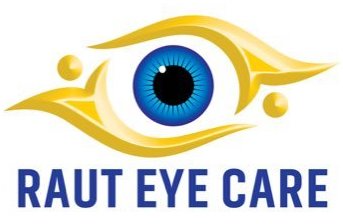
Tonometry is a medical test used to measure the pressure inside the eye (intraocular pressure).It is a simple, painless procedure that takes just a few minutes to complete.
During the test, the doctor will use a tonometer, a special device that measures the pressure inside the eye.The tonometer will gently touch the surface of the eye and measure the eye pressure.
The eye pressure measured during the test is used to diagnose and monitor certain eye conditions, such as glaucoma.The results of the test can help your doctor determine if treatment is necessary to lower the eye pressure.






